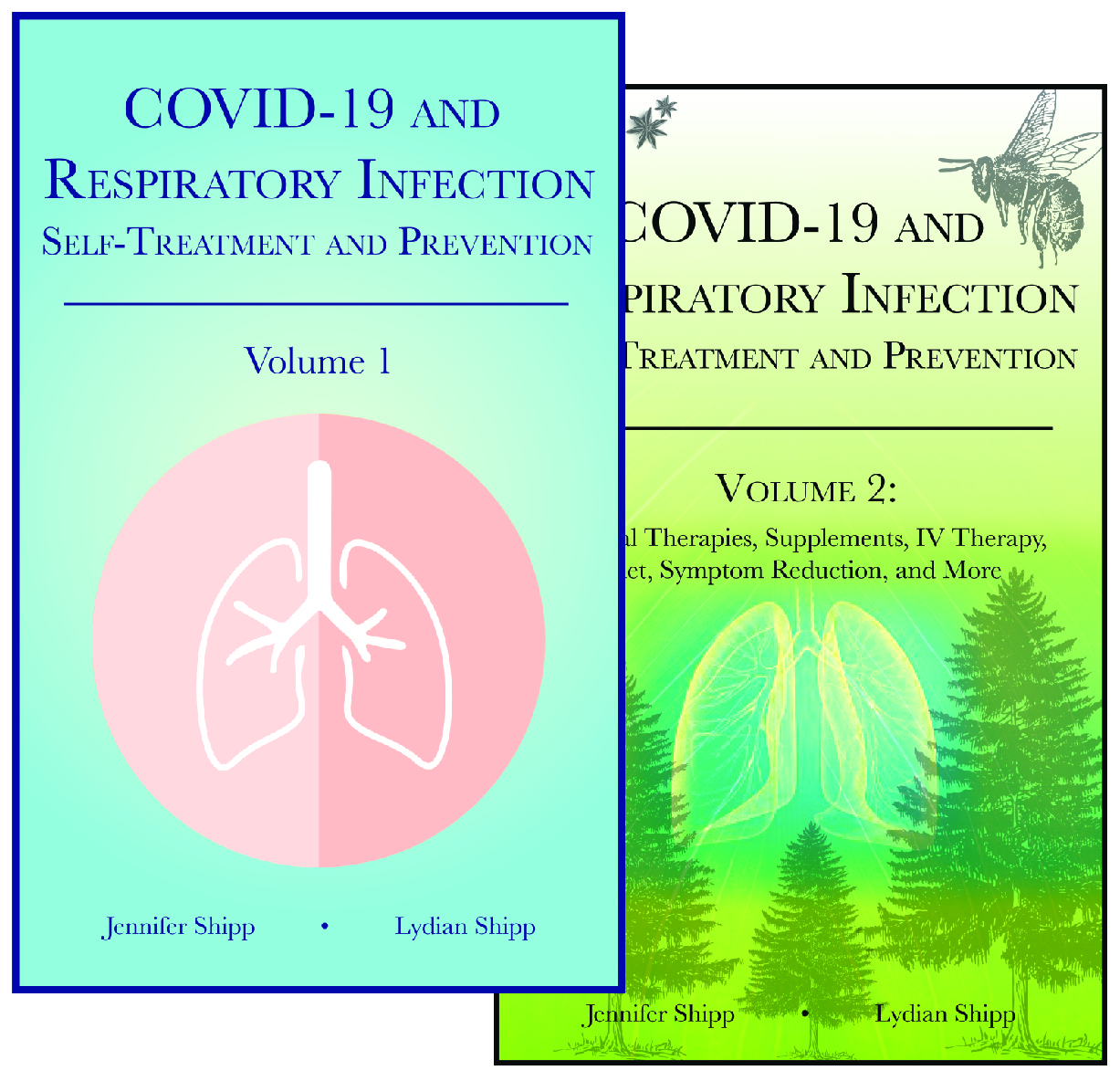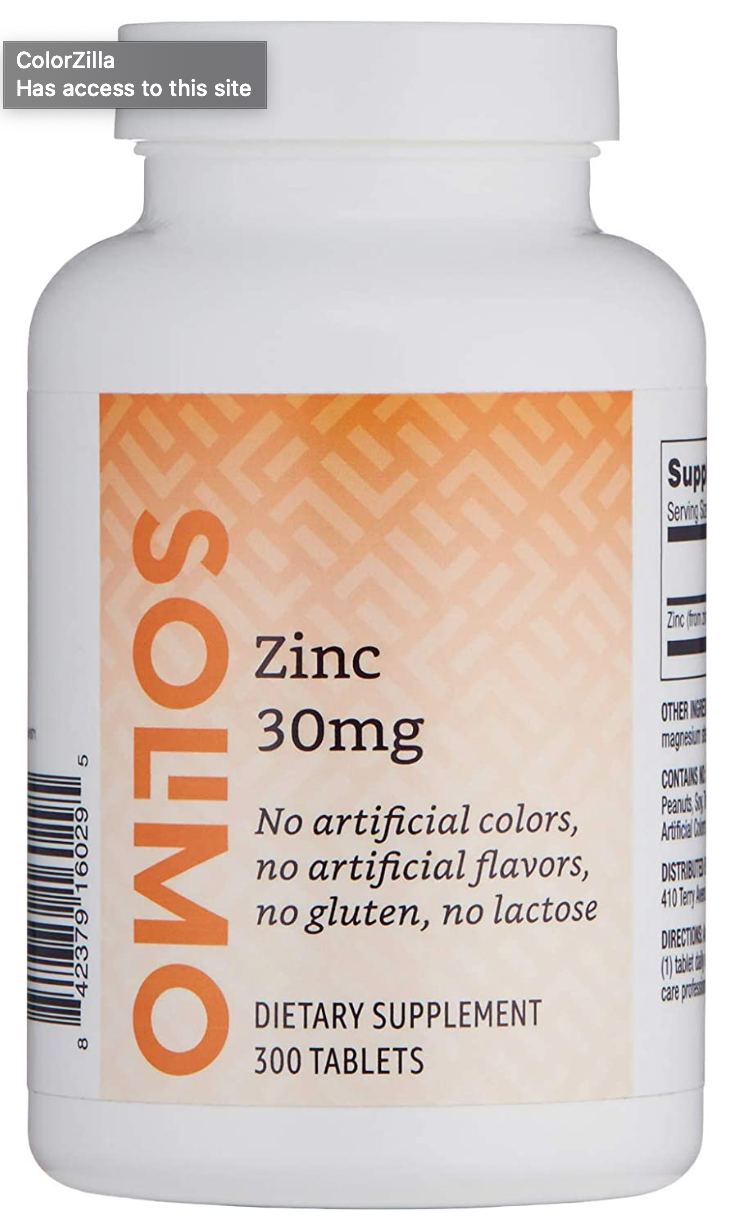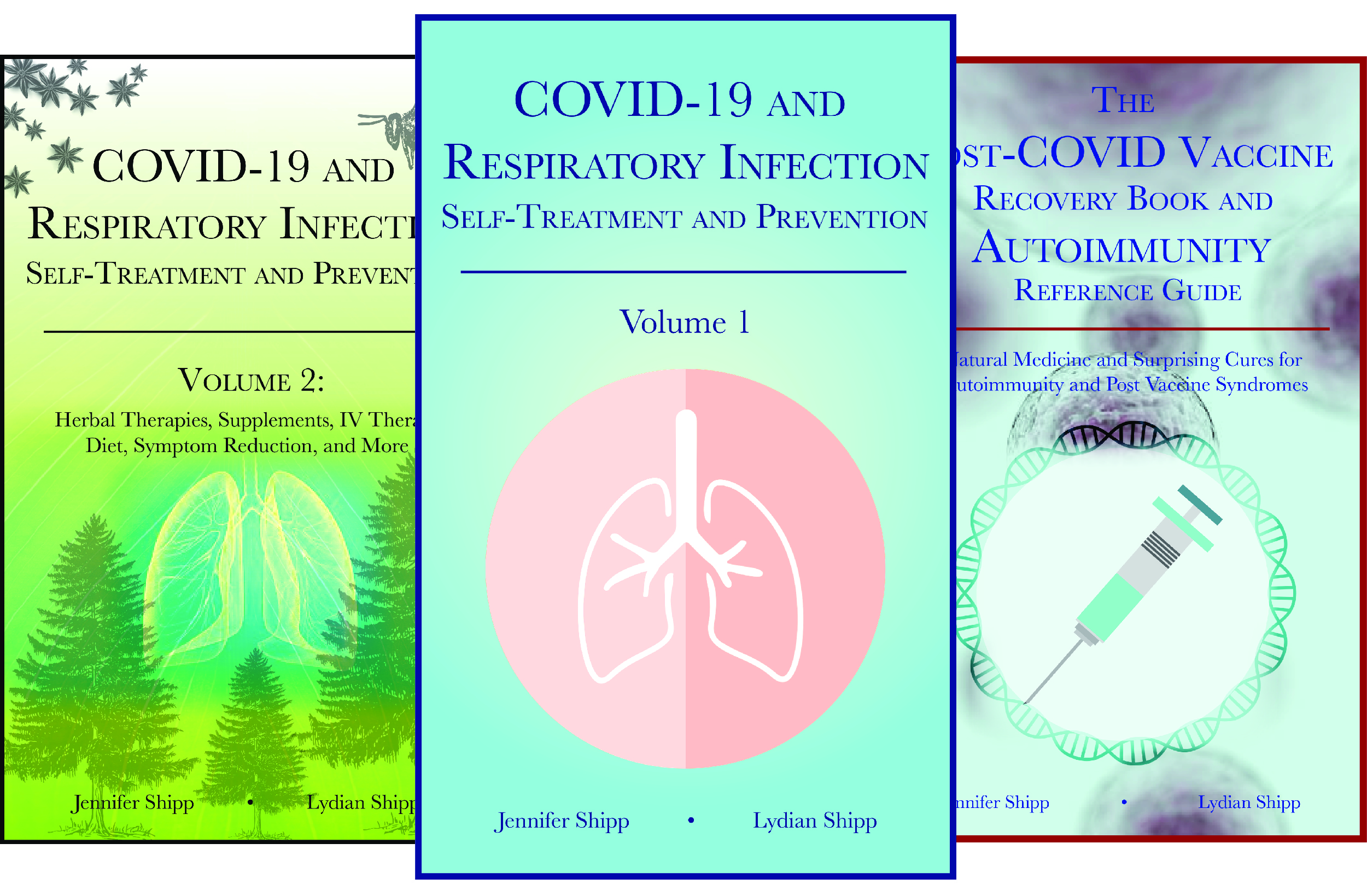
Can Zinc Deficiency Cause a Loss of Taste/Loss of Smell?
In some diseases or infections, loss of taste and smell is a major symptom. Loss of taste is formally known as ageusia, while loss of smell is known formally as anosmia. Health problems that can result in loss of taste and/or loss of smell include:- COVID-19 infection and post-COVID syndrome
- Measles
- Sinusitis (sinus infection)
- Common cold
- Influenza
- Strep throat
- Salivary gland infection
- Sjörgen’s Syndrome
- Pharyngitis (sore throat)
- Severe allergies
- Exposure to radiation therapy in the head or neck area
- Dental problems
- Other respiratory infections

Click here to schedule a health coaching call with us.
Note that measles and a variety of other viral illnesses can cause loss of taste or loss of smell. This article talks mostly about treatments for COVID loss of smell, but if you've lost your ability to taste or smell due to another type of viral infection or any number of health issues, these treatments are still relevant to your situation.
 COVID-19 and Respiratory Infection Self-Treatment and Prevention, Volumes 1 and 2 - BUY NOW
COVID-19 and Respiratory Infection Self-Treatment and Prevention, Volumes 1 and 2 - BUY NOW
Though not all cases of anosmia or ageusia may be caused by zinc deficiency (or there may be more factors that need to be addressed in addition to a zinc deficiency), many cases can successfully be treated with zinc supplementation. Particularly in the case of COVID-19 infections, post-COVID syndrome, and other respiratory infections of post-infection syndromes, zinc deficiency is a likely culprit.
Besides causing anosmia or ageusia, zinc deficiency or suboptimal levels of zinc can lead to other health problems too, including increased risk of infection, a higher risk of developing an autoimmune condition, and cancer. Autoimmune conditions and zinc deficiency are especially closely linked, and people who already have an autoimmune condition are more likely to develop a zinc deficiency and must pay close attention to their zinc levels. Zinc deficiency can also impair the absorption of many other nutrients, so ensuring adequate zinc levels can make a difference in not only preventing zinc deficiency but also in preventing deficiencies of other nutrients.

Zinc Gluconate Supplement - 300mg
Zinc is present in particularly high quantities in the salivary glands and in taste buds. It plays an important role in taste and salivation, and therefore also a role in digestion (since the enzymes secreted in saliva are the first step in food digestion). An infection with COVID-19 has been speculated to cause zinc to be redistributed from blood (where it can circulate throughout the body to wherever it's needed) to the liver, where it accumulates and stops circulating. Thus, even if a person has been eating or taking enough zinc before a COVID-19 infection, the infection itself might draw zinc away from most areas of the body, including the taste buds, to the liver, resulting in a loss of taste.Intracellular zinc levels, which may be depleted by a coronavirus infection, can be increased through oral administration of supplemental zinc. When intracellular zinc levels increase, zinc levels that may have been depleted in the taste buds, salivary glands, or olfactory receptors will also increase, which can restore a person’s ability to taste and smell. Zinc supplementation can also help with:
- Preventing primary infection with a respiratory virus
- Preventing secondary infection with a respiratory virus
- Reducing the risk of developing ARDS (acute respiratory distress syndrome)
- Reducing the chances of hospitalization and complications as a result of a respiratory infection like COVID-19
- Decreasing mortality rates in people who have a respiratory infection
- And more…
Click here to subscribe to the Living Database!
There are many different doses and types of zinc supplements that can be effective in treating loss of smell and/or loss of taste caused by COVID-19 infection. Oral zinc supplementation for the treatment of loss of taste or loss of smell can be administered at a dose of:
- One capsule of 220mg of zinc sulfate, containing at least 50mg of elemental zinc, taken twice daily for 5 days.
- A different study was successful with administering patients a dose of 140mg of zinc gluconate per day for three months.
- Yet another study administered one 300mg capsule daily of zinc L-carnosine complex that contained 68mg of elemental zinc for 12 weeks.
- Zinc acetate with 15mg of elemental zinc was administered once daily for 5 weeks in a different trial
- In another study 300mg of zinc sulfate was administered once daily for 6 months.
If you choose to take zinc supplements for a period of time longer than one month, plan to incorporate a 2mg copper supplement into your daily supplementation protocol. Long term high-dose zinc supplementation can deplete copper levels, so it’s important to supplement your copper intake to prevent symptoms of copper deficiency.



















